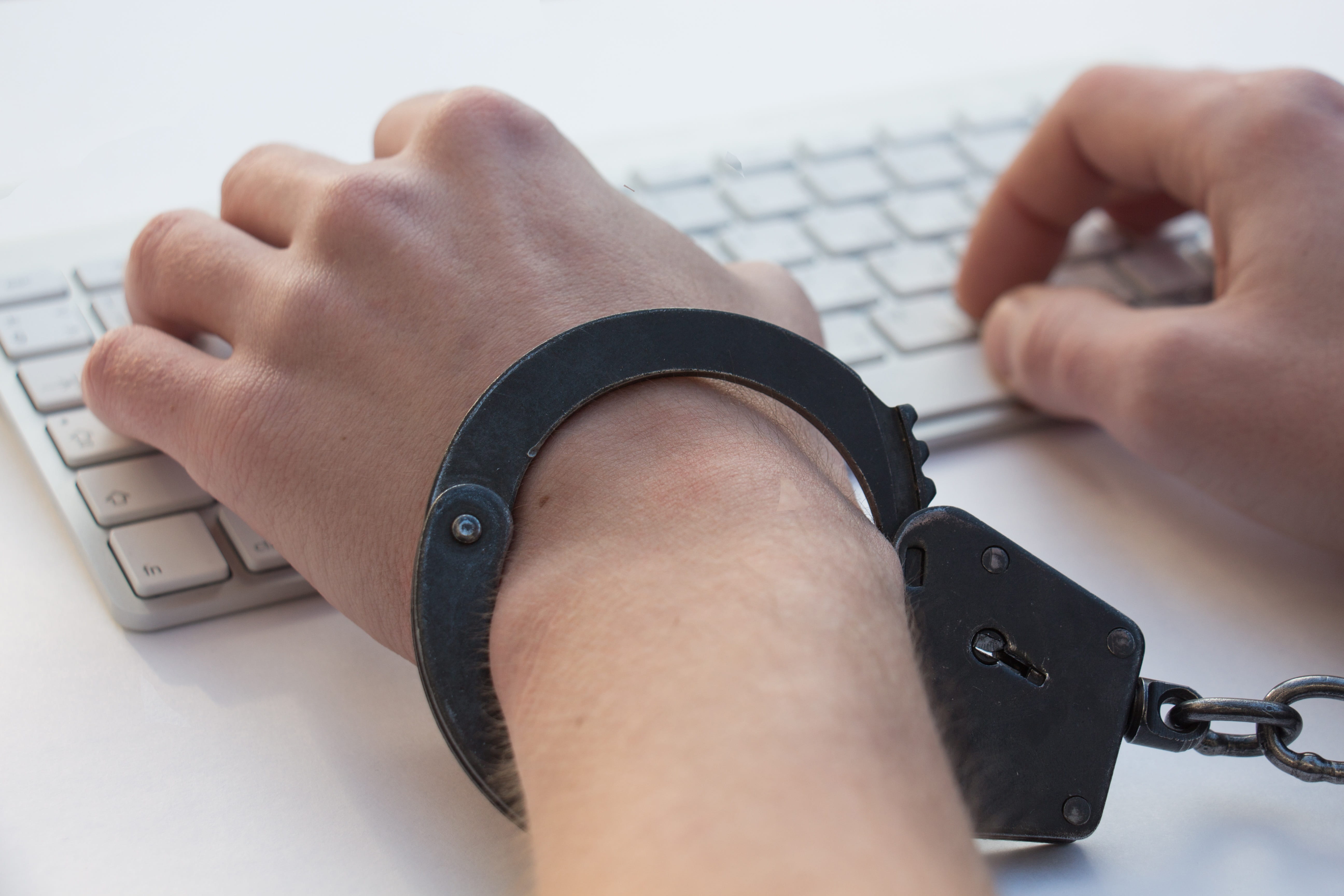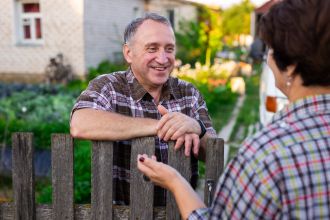-
Should the coroner collect menstrual cycle data during suspected suicide autopsies?
NZMJ
There is very little research on women's suicidal behaviours, particularly regarding menstruation’s impact on mental health, say New Zealand researchers. In a research letter, they point out there is no consistency on whether menstrual cycle data Read more about Should the coroner collect menstrual cycle data during suspected suicide autopsies?
New ZealandUniversity of Otago -
Hearts not sharks are a major killer on Aussie beaches
Australian and New Zealand Journal of Public Health
While you might be afraid of sharks at the beach, marine creatures make up only 5% of non-drowning deaths on Aussie coastlines, with cardiac conditions and traumatic injuries the major culprits. The research conducted by Surf Life Saving Australia Read more about Hearts not sharks are a major killer on Aussie beaches
AustraliaSurf Life Saving Australia -
Motorcycle injuries on the rise, bicycle injuries falling
NZMJ
The number of motorcyclists going to hospital with serious injuries is on the rise in New Zealand, according to a study by health researchers between 2017 and 2021. The motorcyclist injury rate was over 10% higher by the end of the study, despite Read more about Motorcycle injuries on the rise, bicycle injuries falling
Australia; New ZealandMonash University|Deakin University|Te Tāhū Hauora Health Quality & Safety Commission -
After whaling, scientists weigh up current status of blue whale populations around the world
Animal Conservation
The largest living animal, the blue whale (Balaenoptera musculus) which averages about 27 metres in length, has slowly recovered from whaling only to face the rising challenges of global warming, pollution, disrupted food sources, shipping, and Read more about After whaling, scientists weigh up current status of blue whale populations around the world
Australia; Pacific; International; SA; WA; TASFlinders University -
Fungal diseases reported in Fiji mangoes
New Zealand Journal of Crop and Horticultural Science
The first major survey of postharvest mango diseases in Fiji has been carried out by Fijian and Australian researchers. They found a high rate of body and stem rots from mango samples taken from orchards and purchased at markets and roadside stalls. Read more about Fungal diseases reported in Fiji mangoes
Australia; PacificFiji National University (FNU)|University of the Sunshine Coast -
Mixed messaging for mums on breast milk storage guidelines
Breastfeeding Medicine
Expressing or pumping breast milk is an important tool for mothers, especially those who face challenges with direct breastfeeding, but new research from Flinders University has found conflicting advice in the age of social media could be leading to Read more about Mixed messaging for mums on breast milk storage guidelines
Australia; VIC; SAFlinders University|Deakin University -
Antibiotic resistance in treating UTIs highest in aged care facilities
Open Forum Infectious Diseases
New data on antibiotic resistance patterns in UTIs could help guide future treatment decisions. Urinary tract infections (UTIs) caused by E. coli from aged care facilities show higher resistance to antibiotics compared to cases collected from Read more about Antibiotic resistance in treating UTIs highest in aged care facilities
Australia; NSWThe University of New South Wales -
Neighbourhood connection improves mental health
Personality and Social Psychology Review
University of Queensland research has found building a sense of community is key to improving people’s mental health, particularly in low socio-economic suburbs. University of Queensland research has found building a sense of community is key to Read more about Neighbourhood connection improves mental health
Australia; QLD; ACTThe University of Queensland|The Australian National University -
3 in 4 countries could be below a replacement level of fertility by 2050
The Lancet
By 2050, 76% of countries and territories around the world will not be having enough babies to sustain their population size, according to projections by international and Australian researchers. The researchers forecasted the fertility of countries Read more about 3 in 4 countries could be below a replacement level of fertility by 2050
Australia; International; NSW; VIC; QLD; SA; WA; ACTUniversity of Technology Sydney (UTS)|The Australian National University... -
Chance sighting reveals new species of fluffy beetle
Australian Journal of Taxonomy
A researcher from The University of Queensland has discovered a remarkable new genus of fluffy longhorn beetle while camping within rainforest in the Gold Coast hinterland. Download images via DropboxA researcher from The University of Queensland Read more about Chance sighting reveals new species of fluffy beetle
Australia; QLD; ACTThe University of Queensland|CSIRO
Submit to Scimex
Upcoming events
- International Fire Behaviour and Fuels Conference Bushfires present an increasing challenge to humanity and the ecosystems and atmosphere we depend on....
- Zero alcohol beverages: Are they “normalising everything about alcohol" for adolescents? Zero-alcohol drinks - drinks that contain no or very low amounts of alcohol but resemble...










































